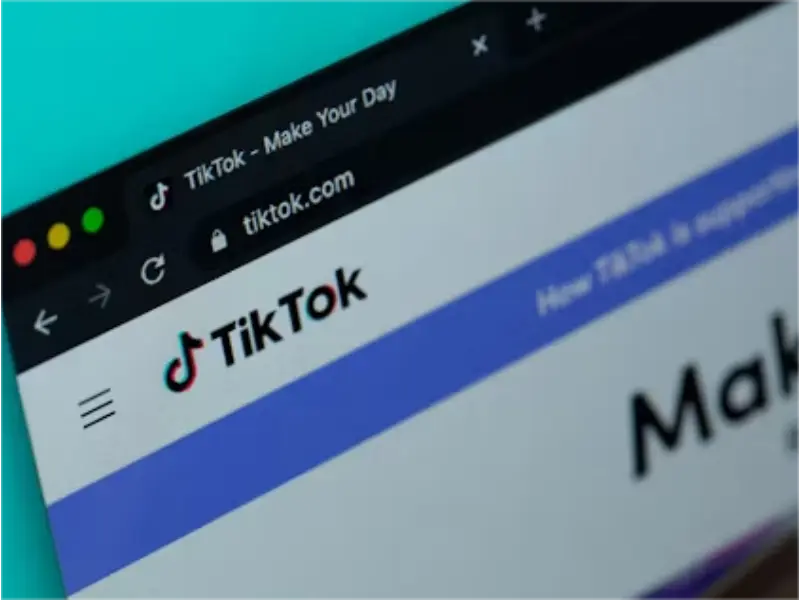- Global spending on Korean cultural products is forecast to double by 2030, fuelled by their growing popularity on social media.
- Increased global consumption of Korean goods highlights the significant economic impact of Korean cultural exports.
OUR TAKE
The global market for Korean cultural products, known as Hallyu, is expected to nearly double by 2030, reaching $143 billion, according to a study by TikTok and Kantar. This surge is being fueled by the growing global demand for Korean content, including dramas, music, cuisine and cosmetics, which is being greatly promoted through social media platforms such as TikTok. As TikTok continues to expand its offering of Korean cultural content, viral marketing campaigns have helped drive sales of certain products, such as Buldak noodles. This also suggests that the cultural phenomenon is having a greater economic impact.
–Heidi Luo, BTW reporter
What happened
Spending on Korean cultural products is expected to grow from $76 billion today to $143 billion by 2030, according to a recent study by TikTok and analytics company Kantar. This growth is being driven by rising global demand for Hallyu, the Korean Wave, which includes popular cultural exports such as Korean dramas, K-pop music, cuisine and cosmetics. Social media platforms, particularly TikTok, have significantly increased the popularity of these K-content categories, driving both interest and sales worldwide.
TikTok, which serves as a primary platform for K-pop enthusiasts, has expanded its scope to include a wider range of Korean cultural content. This expansion has encouraged viral marketing phenomena, particularly for Korean food and beauty products. For example, a viral review of Buldak noodles by artist Cardi B dramatically increased sales and significantly boosted the stock value of Samyang Foods company.
Also read: Brands and stars hit by TikTok cyber-attack
Also read: Tech Giants in South Korea Cut Down on Labor Forces Following Losses
Why it’s important
The exponential growth of Hallyu highlights the transformation of South Korea’s economic landscape from traditional industrial exports to cultural exports. Digital platforms such as TikTok have been instrumental in this transformation by facilitating the discovery and consumption of Korean cultural products on a global scale. In particular, about 80% of TikTok’s users in the US and Southeast Asia have been introduced to Korean culture through the platform.
This commitment not only expands Korea’s cultural footprint, but also translates into tangible economic benefits. Direct sales of Korean products on platforms such as TikTok Shop have soared, with users increasingly buying Korean food, cosmetics and other goods.
In addition, the currently robust spending on Korean cultural products is expected to grow, with projections showing significant increases in sectors such as music, beauty products and cuisine. The ongoing trend also suggests that Hallyu’s influence on the global stage will continue to grow as it continues to drive consumer spending and shape South Korea’s international economic strategy, according to the report.

